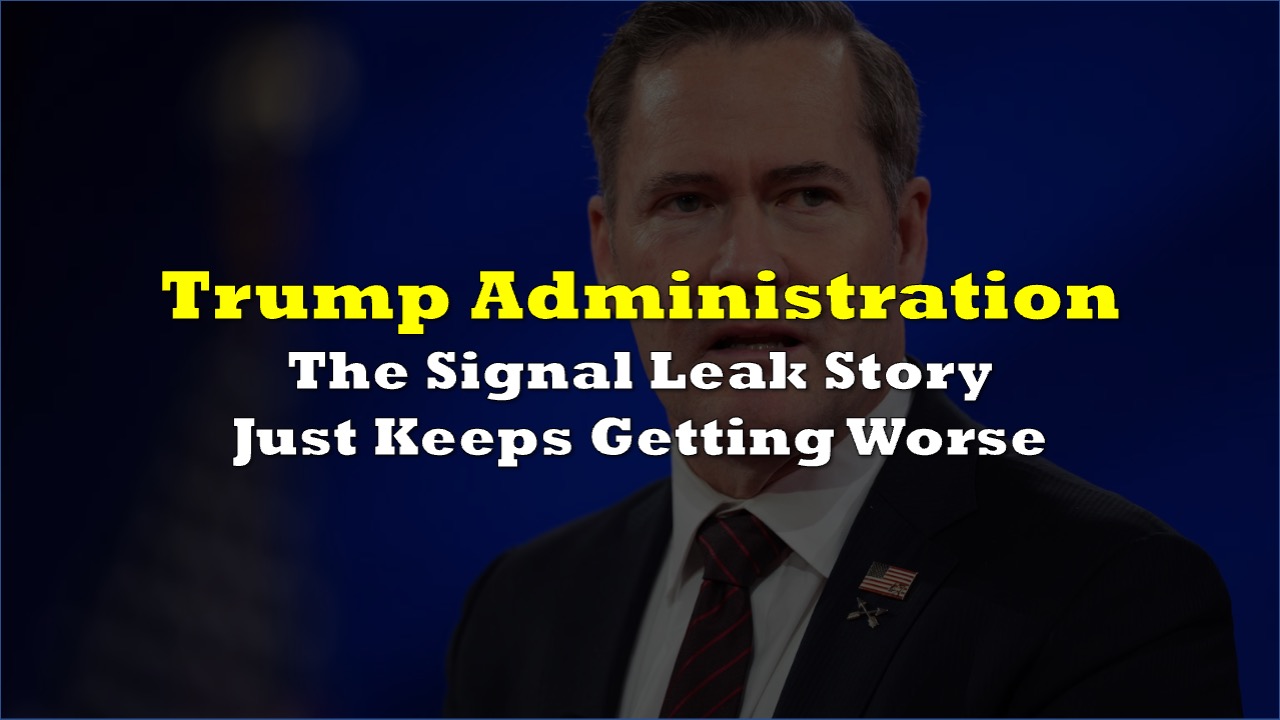National security experts and lawmakers are raising alarms over potential intelligence compromises after Trump administration officials inadvertently shared sensitive military information about Yemen strikes with a journalist on the Signal messaging app.
Two US officials told the Wall Street Journal that Israel provided intelligence from a human source in Yemen to track the Houthi missile expert. Israeli officials have reportedly complained privately to US counterparts after National Security Adviser Mike Waltz revealed operational details in the compromised chat.
Breaking WSJ:
— Kyle Griffin (@kylegriffin1) March 27, 2025
Israel provided sensitive intelligence from a human source in Yemen on a key Houthi military operative targeted in an attack described by national security adviser Mike Waltz in an unclassified Signal chat with senior Trump admin officials, two U.S. officials said.…
Waltz acknowledged he mistakenly added Jeffrey Goldberg, editor-in-chief of The Atlantic, to the chat where senior officials discussed real-time details of a March 15 military operation against Houthi targets.
“The first target—their top missile guy—we had positive ID of him walking into his girlfriend’s building and it is now collapsed,” Waltz wrote in one message revealed when The Atlantic published the contents of the message chain.
Former intelligence officials warn that such disclosures could have far-reaching security implications beyond this single incident.
Goldberg has forcefully rejected Waltz’s explanation that he was accidentally added to the chat through someone else’s contact.
“This isn’t The Matrix,” Goldberg told NBC’s Meet the Press, referring to the science fiction film. “Phone numbers don’t just get sucked into other phones. I don’t know what he’s talking about there.”
Goldberg said the most logical explanation was that his phone number was already in Waltz’s phone. The Atlantic first published details of the group chat on March 24.
Security experts cited by the Journal warn that revealing intelligence methods could jeopardize foreign sources and potentially make allies hesitant to share sensitive information with the United States in the future.
Sue Gordon, who served as deputy director of national intelligence in the Trump administration, told CBS News that the breach creates uncertainty about broader vulnerabilities: “We don’t know whether that communications path has been penetrated. So we don’t know whether state actors with substantial resources are just sitting and watching now.”
The revelations have prompted bipartisan concern, with Senate Armed Services Committee Chair Roger Wicker and Republican Senator James Lankford formally requesting an investigation by the Pentagon’s inspector general.
Democrats have demanded stronger accountability. Senator Mark Warner, vice chair of the Senate Intelligence Committee, said if military personnel had handled classified information similarly, they “would be fired—end of story.”
The White House has insisted no classified information was shared. National Security Council spokesman Brian Hughes stated the messages contained “no locations, no sources and methods, and no war plans,” adding that “foreign partners had already been notified strikes were imminent.”
Oh my god. Trump says he “doesn’t know if classified info was shared in the signal chat but “that’s what he was told.”
— CALL TO ACTIVISM (@CalltoActivism) March 27, 2025
Who the fuck is actually leading the country??
pic.twitter.com/V28wYcCa7Q
Information for this story was found via the sources and companies mentioned. The author has no securities or affiliations related to the organizations discussed. Not a recommendation to buy or sell. Always do additional research and consult a professional before purchasing a security. The author holds no licenses.









